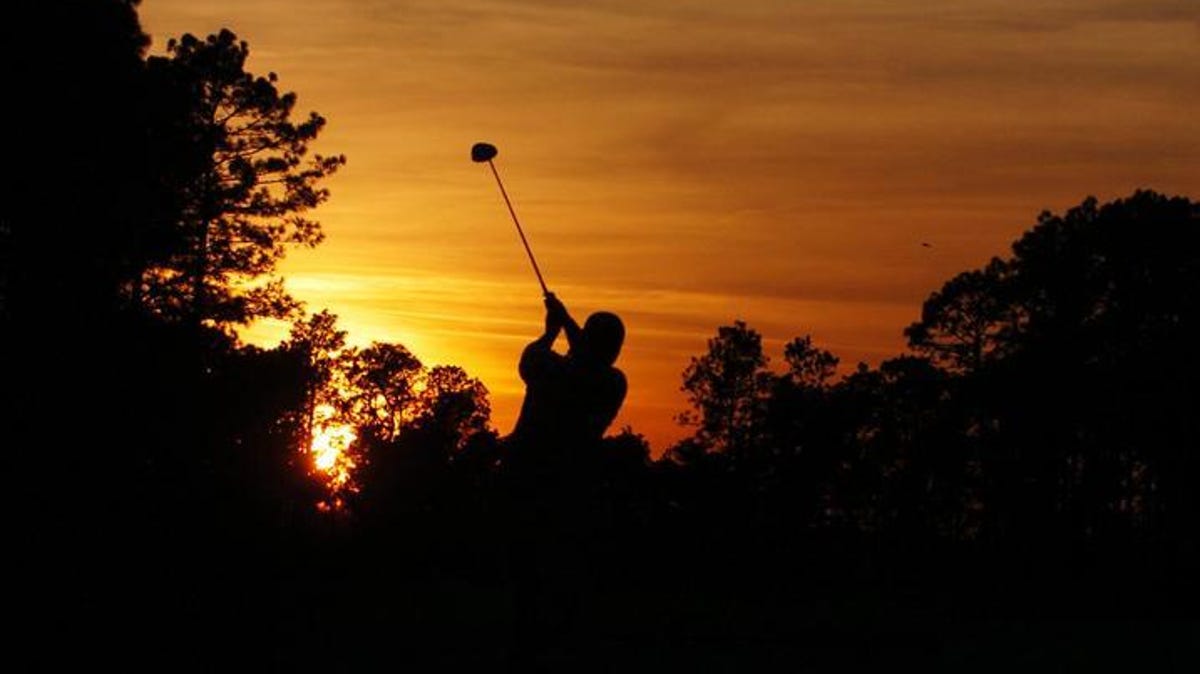With the clocks ‘springing forward’ on Sunday in nearly all the U.S., there is growing speculation about what potential changes to Daylight Saving Time could mean for the golf industry.
Is it time to “lock the clock?” It’s a hot-button subject that even President Donald Trump has weighed in on and one that the National Golf Course Owners Association has been debating internally. Daylight Saving Time (DST) – putting the clocks forward one hour during the summer half of the year to make the most of the longer evenings – has been in place since the 1960s, but proponents have pushed to make it year-round. In March 2022, the U.S. Senate voted unanimously to make daylight saving time permanent via the Sunshine Protection Act, but the effort stalled in the House of Representatives after lawmakers said they could not reach consensus. Lawmakers who have expressed support for the bill argue changing the clock twice a year is antiquated and an inconvenient disruption. A bipartisan group of 16 senators led by Republican Sen. Rick Scott of Florida in January made a new push to make daylight saving time permanent but Congress has held no hearings.
Trump previously hinted at doing away with the custom. In December, he posted on his social media site, Truth Social, that Daylight Saving Time is “inconvenient, and very costly to our Nation.” Critics say it would force children to walk to school in darkness, since the measure would mean experiencing sunrise an hour later. But when reporters broached the subject with Trump this week, he backtracked, saying, “This should be the easiest one of all, but it’s a 50-50 issue. If something’s a 50-50 issue, it’s hard to get excited about it. I assumed people would like to have more light later. But some people want to have more light earlier because they don’t want to take their kids to school in the dark.”
Changing the clock twice a year is more than simply an annoyance; it’s a law that has economic implications. It could increase the number of golf playable hours by aligning the sun better with the hours that people like to play golf. Making Daylight Saving Time permanent has become a polarizing topic for many and one worthy of NGCOA CEO Jay Karen surveying his membership.
“My first line of duty here is to do no harm, the Hippocratic oath,” Karen said in a phone interview with Golfweek. “I’m afraid Daylight Savings Time being permanent could harm some in our industry while helping many others. That’s why we haven’t landed on a position as an industry.”
But the NGCOA’s findings suggest that a majority of its membership favor making Daylight’s Saving Time permanent. As Karen notes, most revenue happens after 12 p.m., even though weekend tee times are popular. “If we allow for more sunlight in the winter months, it opens up more golf playable hours, too,” he said.
He estimates the survey, which concluded on Friday, represented about 400 golf courses. The NCGOA found that roughly 66 percent of its members are in favor of DST, 25 percent prefer the status quo, and six percent want Standard Daylight Time. (A few were undecided.) To those in favor of locking the clock, the change sounds elementary.
“If Daylight Savings Time was made permanent, the seasonal businesses that make their hay in the summer would secure their future and can count on the leagues that play until 8-9 p.m.,” Karen said.
Still, there are some that want the status quo, an if it ain’t broke, don’t fix it philosophy. A few believe it would be damaging for business because they have a lot of senior groups and women’s leagues that take place in the early morning, which could be impacted. Karen said the survey results would be used to determine the NGCOA’s position — and only its position — and whether it advocates for a possible change. Other sectors of the industry, such as the Club Managers Association, PGA of America and Golf Course Superintendents may have their own views on DST. More darkness in the morning during the winter months, for instance, could impact maintenance schedules for superintendents. It’s just another example that underscores the complexity of the issue. And with the clocks ticking to another change on Sunday — you’re welcome for one final reminder to spring forward — it sure is a timely topic that continues to make headlines.

